
SUGAR CANE ARROWS
A seminal 1988 television six part drama from Trinidad and Tobago that vividly portrays the complexities of rural life in the Caribbean. Produced by Starr Productions and Gemini TV and aired on TTT (Trinidad and Tobago Television), this classic mini series has become a cultural touchstone, offering an authentic glimpse into the socio-economic and familial dynamics of the time. It stars Caribbean icon David Rudder and Trinidad and Tobago's most prominent actors at that time.
Synopsis: Set against the backdrop of 1980's Trinidad’s lush countryside, Sugar Cane Arrows delves into the lives of families intertwined with the sugar cane industry - a cornerstone of the nation’s economy and cultural identity. The narrative explores themes of ambition, tradition, and the struggle for personal and communal advancement. Through its richly drawn characters and compelling storylines, the series examines the tensions between preserving cultural heritage and embracing change in a rapidly evolving society.
Cultural Significance: Sugar Cane Arrows is more than just a television series; it’s a reflection of a pivotal era in Trinidad and Tobago’s history. The show captures the essence of a community grappling with modernization while striving to maintain its unique cultural fabric. Its portrayal of everyday challenges and triumphs resonates with audiences, offering both entertainment and a poignant commentary on societal transformation.
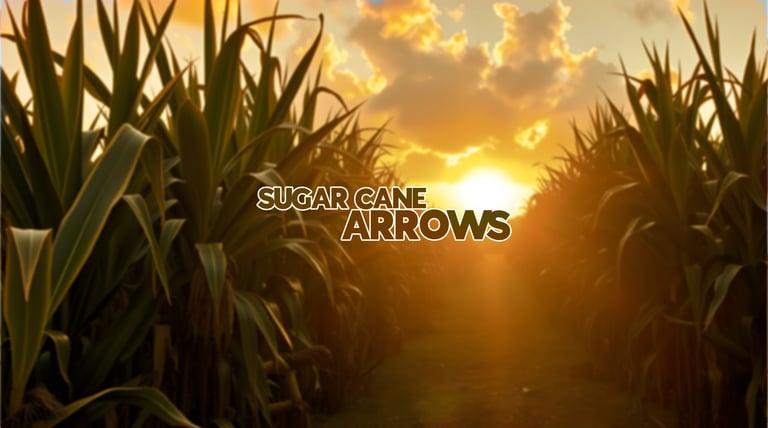

WRITER
Debbie Jacob
DRAMA + CLASSIC TV SERIES

CAST
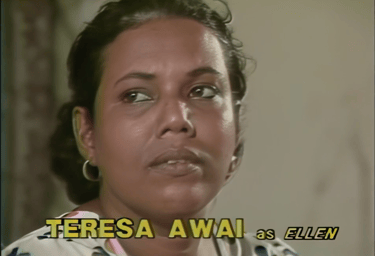

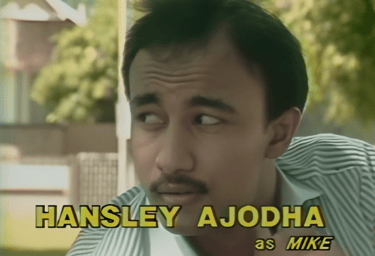

Hansley Ajodha portrays Mike
Theresa Awai takes on the role of Ellen
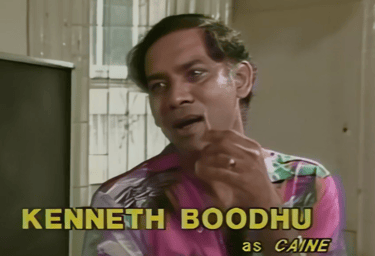



Kenneth Boodhu plays Caine
Roger Israel as Isaac
David Rudder as Bolt
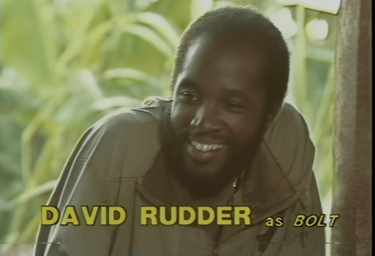

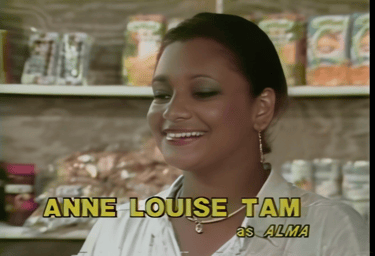

Anne Louise Tam portrayed the character Alma


Shelley Cole portrayed the character Jasmine
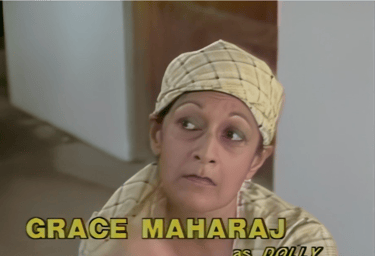

Grace Maharaj portrayed the character Dolly
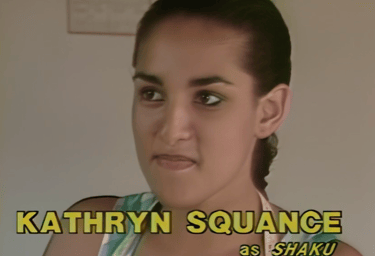

Kathryn Squance portrayed the character Shaku
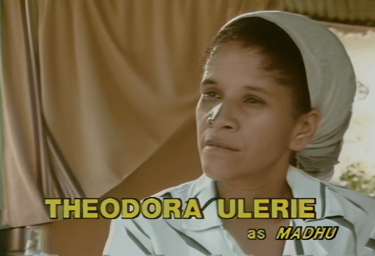

Theodora Ulerie portrayed the character Madhu

Debbie Jacob is a journalist and author of four works of fiction and three works of nonfiction. Born in 1953, she grew up on a remote dairy farm in Mansfield, Ohio, in the U.S., earned a BA in anthropology from Ohio State University, and migrated to Trinidad in 1984, where she lived in Warrenville, central Trinidad, the setting for her six-part television drama Sugarcane Arrows. In 1985, Jacob became a journalist with the Trinidad Express.
Her background in anthropology shaped her work in journalism, education, and library science, along with her writing and work in Trinidad and Tobago prisons and National Security. She earned a Master’s in International Education from Framingham State University and a postgraduate certificate in Library Science from Indiana State University. She has worked for the Trinidad Guardian and Trinidad Newsday
Sugar Cane Arrows: Behind the Scenes
When I first migrated to Trinidad from Seattle, Washington, the sugar cane fields of Warrenville, where I lived with a friend, became my home. For five years, I lived in Robert Trace, between Caroni and Cunupia, and worked at the Trinidad Express in Port of Spain.
When Editor-in-Chief Owen Baptiste wanted an Evening Sun newspaper serial, similar to those found in the 19th and early 20th centuries, with writers like Charles Dickens, I developed a story called When the Ibis Fly Home and wrote under the pseudonym Amber Adamson so that readers would not confuse my fiction with my journalism.
Sugar Cane Arrows captures a much-neglected side of Trinidad. Most Trinidadian literature has traditionally focused on urban or rural areas, but I noticed that about 80 percent of Trinidad lies between these two extremes. For me, places like Warrenville had stories to tell about lives that had gone beyond being rural, but could never be urban. These pockets of Trinidad represent invisible borders, where people grapple with change and cling to tradition. They deserve a voice.
French producer Dani Jeffrey noticed the newspaper series and created the six-part drama series, renamed Sugar Cane Arrows, by director Stephen Lee Pow. I turned the story into a novel, but never pursued publishing it. Who knows? Maybe that’s next.
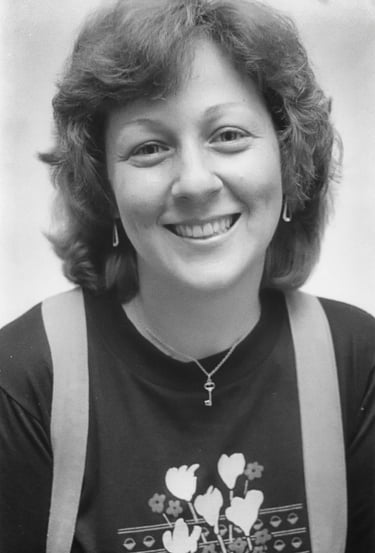

In 2019, she received a commendation from the Mounted and Canine Branch for her work in improving living and working conditions for police dogs, as well as the Trinidad Express Individual of the Year award for her prison work, which included forming prison debate teams. In 2020, she received a Chaconia Gold national award from the Trinidad and Tobago government for her work with prisons and police dogs.
Her fiction includes the novels Legend of the St. Ann’s Flood, Nevile and the Lost Bridge, Nevile and the Duppy Master, and a collection of short stories, Speaking of Promises. Her nonfiction books are Wishing for Wings, Making Waves: How the West Indies Shaped the West Indies, and Police Dogs of Trinidad and Tobago: a 70-Year History.
